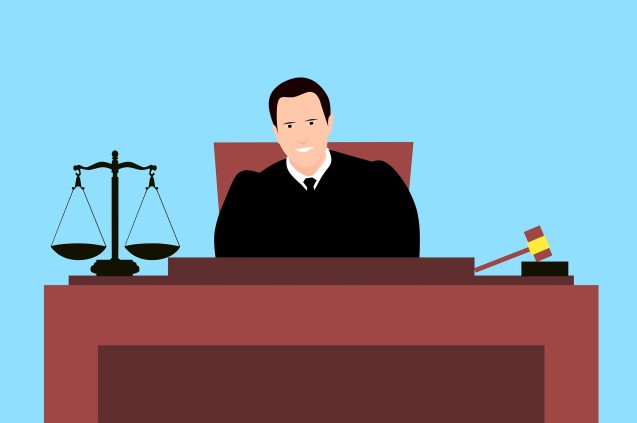I have written before about California state court cases holding that failing to exercise discretion is an abuse of discretion. The same rule applies in federal courts, as the recent case of Rembert v. A Plus Home Health Care Agency, LLC (6th Cir. Jan. 25, 2021) No. 20-3454 out of the Sixth Circuit illustrates in the context of attorney fee awards.
In Rembert, a home healthcare agency declined to pay nurses for the overtime they worked because it “couldn’t make money” if it did. The nurses sued and won via settlement. The district court ordered attorney fees, but then reduced them to 35% of the total settlement amount because that’s what judges in that district “typically approve.”
Reversing, the Sixth Circuit acknowledged the district court "has some discretion regarding the rates and hours that are reasonable." But that discretion may be invoked "only when the court provides a clear and concise explanation of its reasons for the fee award," quoting Gonter v. Hunt Valve Co., 510 F.3d 610, 616 (6th Cir. 2007).
The Court reversed on two grounds.
First, in the context of Fair Labor Standards Act (FLSA) claims, where recovery typically is modest, if plaintiffs' fee awards were capped at a percentage of recovery, they "would be unable to 'attract competent counsel' to represent them." So caps based on percentage of recovery are invalid in the FLSA context.
Second, appellant argued the district court "failed adequately to explain the reasons for reducing her counsel’s compensable hours by nearly two-thirds." The Court agreed. “The district court should state with some particularity which of the claimed hours the court is rejecting, which it is accepting, and why.” U.S. Structures, Inc. v. J.P. Structures, Inc., 130 F.3d 1185, 1193 (6th Cir. 1997) (brackets and internal quotation marks omitted). The Court noted: "We lack any such particularity here."
Reviewing the fees in the first instance, the Court noted: "In determining fee awards, courts should not “‘become green-eyeshade accountants[,]’” but instead must content themselves with “‘rough justice[.]’” " (Quoting Carter v. Hickory Healthcare, Inc., 905 F.3d 963, 970 (6th Cir. 2018) (quoting Fox v. Vice, 563 U.S. 826, 838 (2011)).) "And though we are mindful of our limited role in adjudicating fee disputes, we see nothing more than de minimis entries (if any) for non-compensable time." "[W]e respectfully conclude that the district court abused its discretion when it did not grant in full the amounts requested in counsel’s fee petition."
Remanded for a further award of appellant's fees on appeal. Reiterating the modest amount of fees at issue, the Court urges the parties not to appeal again.
Usage Note: The court's locution, "failed adequately to explain," hints that the Sixth Circuit expects you keep your infinitives unsplit.
Tim Kowal helps trial attorneys and clients win their cases and avoid error on appeal. He co-hosts the Cal. Appellate Law Podcast at www.CALPodcast.com, and publishes a newsletter of appellate tips for trial attorneys at www.tvalaw.com/articles. Contact Tim at tkowal@tvalaw.com or (714) 641-1232.

